
Capitalism’s Toxic Assumptions
Redefining Next Generation Economics
Recommendation
Classical assumptions about competition, pricing and other elements of capitalism find little support among modern theories of market economies. For example, game theory emphasizes the importance of cooperation and undermines the old theory that competition is always the best business strategy. Adopting alternatives to these seven now “toxic assumptions” could extend the life of capitalism. For example, a shift toward business cooperation – and away from competition – could unfold as more women ascend to top management jobs. New business models could encourage reinvestment instead of job cuts and dividend distribution. Business lecturer Eve Poole’s exhaustive treatise calls for economic theories about capitalism to evolve, with a nudge from new public policies. While always politically neutral, getAbstract recommends her thinking to policy makers, as well as to anyone with a background in economics and an interest in how the field’s thinking should evolve.
Summary
About the Author
Eve Poole is a Leadership Associate at the Ashridge Business School. She wrote Temple Tract Book 4, God and Money, for the Temple Foundation, where she is an associate research fellow.








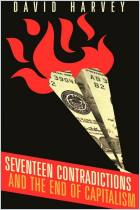
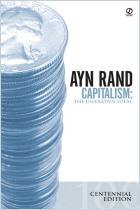
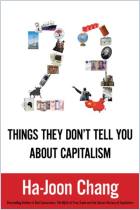
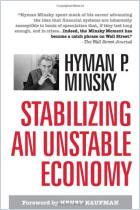
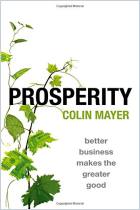
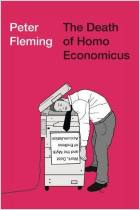
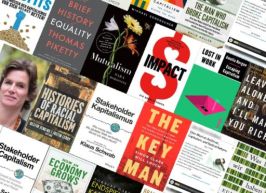



Comment on this summary